
(greggorysshocktheater)
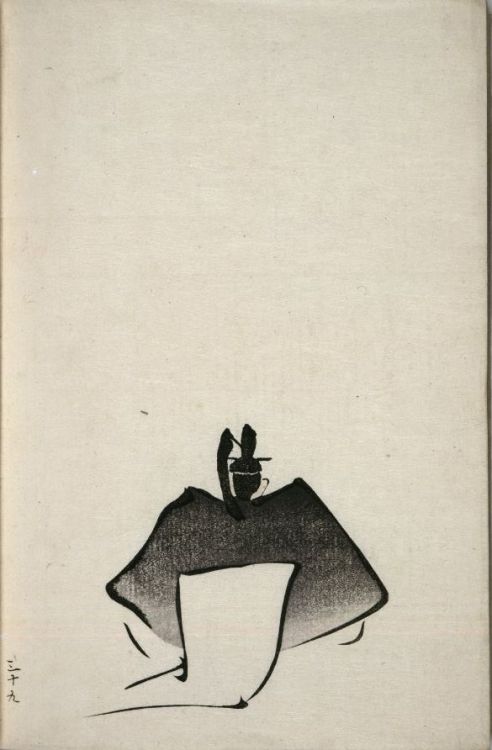
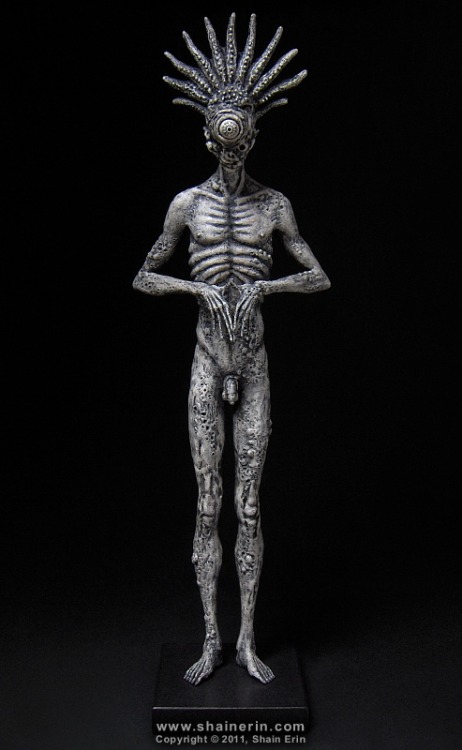
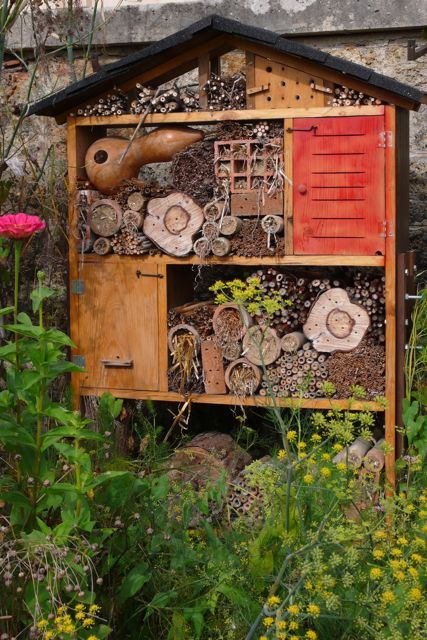
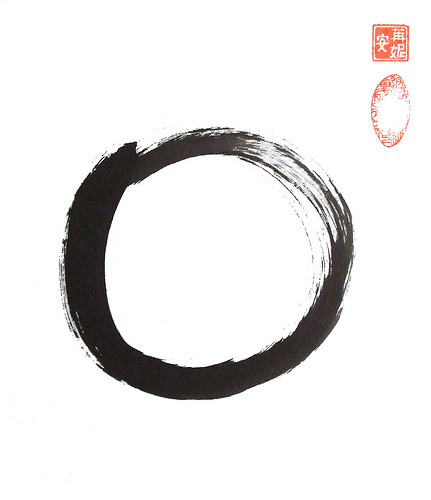

“It was supposed to be a £12,000 art project in which a helium-filled sculpture of a desert island floated eerily above the heads of spaced-out festival-goers. It has become instead a £12,000 art project in which a helium-filled sculpture of a desert island floats somewhere through the troposphere without anybody actually seeing it, or even knowing where it is.”
One of our islands is missing | Art and design | The Guardian
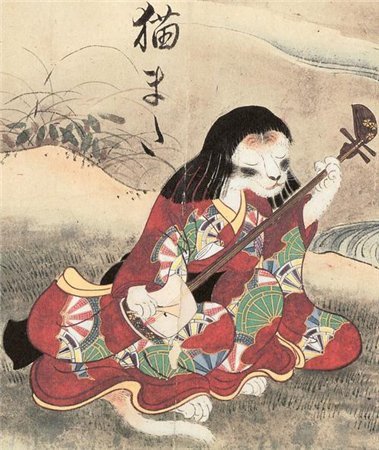
According to Japanese folklore, a cat (neko) that has lived for a long time can become a kind of youkai called a nekomata. It was believed that after a cat reached ten years of age, its tail would slowly split into two tails, and, along the way, it would develop magic powers, primarily those of necromancy and shamanism. Nekomata also have an ability to shape shift into a human form and are generally hostile to humans.
There is also one kind of Nekomata that lived in Nabeshimahan, which lived long enough to split its tail six times, resulting in seven tails. It is the most powerful nekomata in Japan.
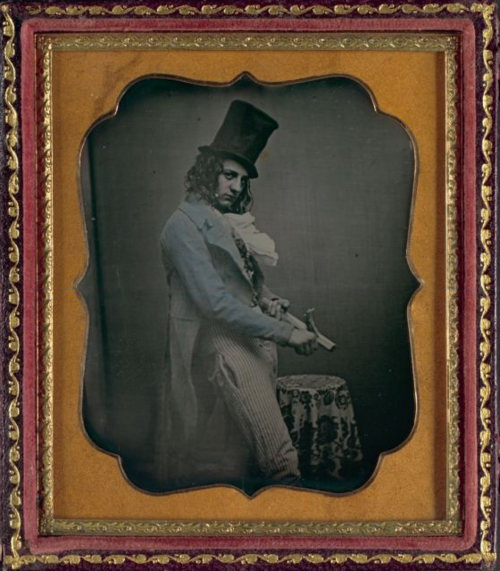
The “wily Yankee” was a popular 19th century stage character who became the visual predecessor to “Uncle Sam.” Between acts, the wily Yankee remained on stage, whittled, and told parables. At times, he was known to flirt with both the women and men in the audience as he suggestively carved a stick.